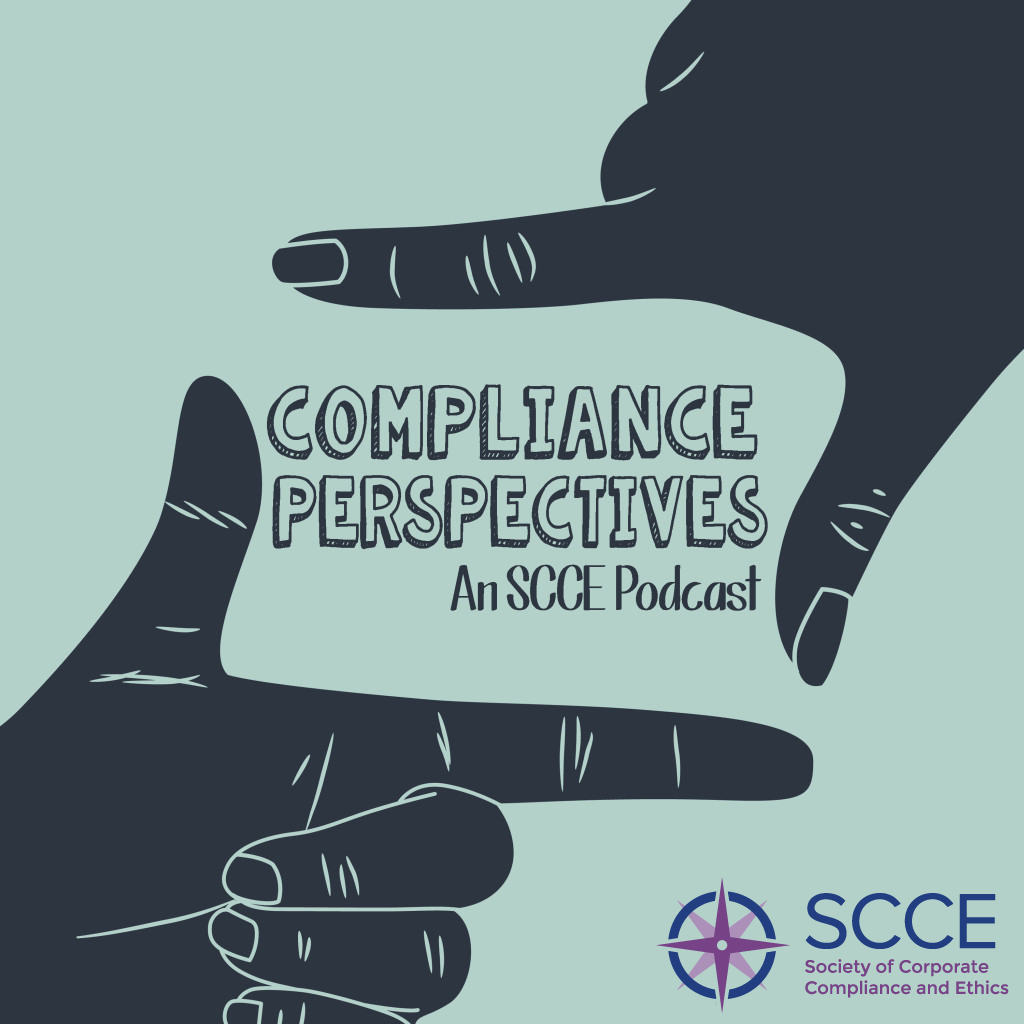Podcast: Play in new window | Download (Duration: 14:24 — 13.3MB)
Subscribe: Apple Podcasts | Email | TuneIn | RSS
By Adam Turteltaub
adam.turteltaub@corporatecompliance.org
Editor’s Note: Chris Bohjalian’s latest novel The Flight Attendant just made the NY Times Bestseller List. We are sharing his October 2017 podcast with us again in case you missed it. We hope you enjoy his perspective on ethics in fiction and in real life.
One of the stranger things in compliance and ethics is that if you sit people down for compliance and ethics training, they tend to issue at a minimum a silent groan. Yet, those same people will happily sit down with a novel where the protagonist is wrestling between right and wrong.
There is much that can be learned from the ability of novels, as well as TV and movies, to help us learn about right and wrong. This media can also teach us a great deal about how we react when we see others behaving badly.
To explore this issue I sat down for a podcast with Chris Bohjalian, whose book Midwives was selected for Oprah’s Book Club. His novel The Sleepwalker was just released in paperback, and in March 2018 (not 2019 like I said in the interview) his newest book, The Flight Attendant, arrives.
Listen in to the podcast as we discuss:
- The human fascination with moral ambiguity and people who do the wrong thing
- Our fascination with how good people can do the wrong thing and the recognition that we easily could make moral mistakes
- The influence of television, movies and books on whom we see as good and evil
- Our discomfort with people who are “too good”
- What Tony Soprano and Don Draper have done to our perception of what people will tolerate
- The notion that “it’s only business, nothing personal” and the problems that may create
- The cover up being worse than the crime and the value of stopping problems when they are small
- Why people welcome ethical dilemmas, and right and wrong in novels, films and TV, but not when it is a part of training



As an owner and public representative figure of a business or any corporate organization, it’s important to acknowledge and grant audience to both demonstrators and agitators i.e all angles around the table to maintain and enhance progress, on the other hand loyalty should never be compromised in the name of democracy in any employee-employer relationship to ensure maximum and effective deployment of tasks and services.
Comments are closed.